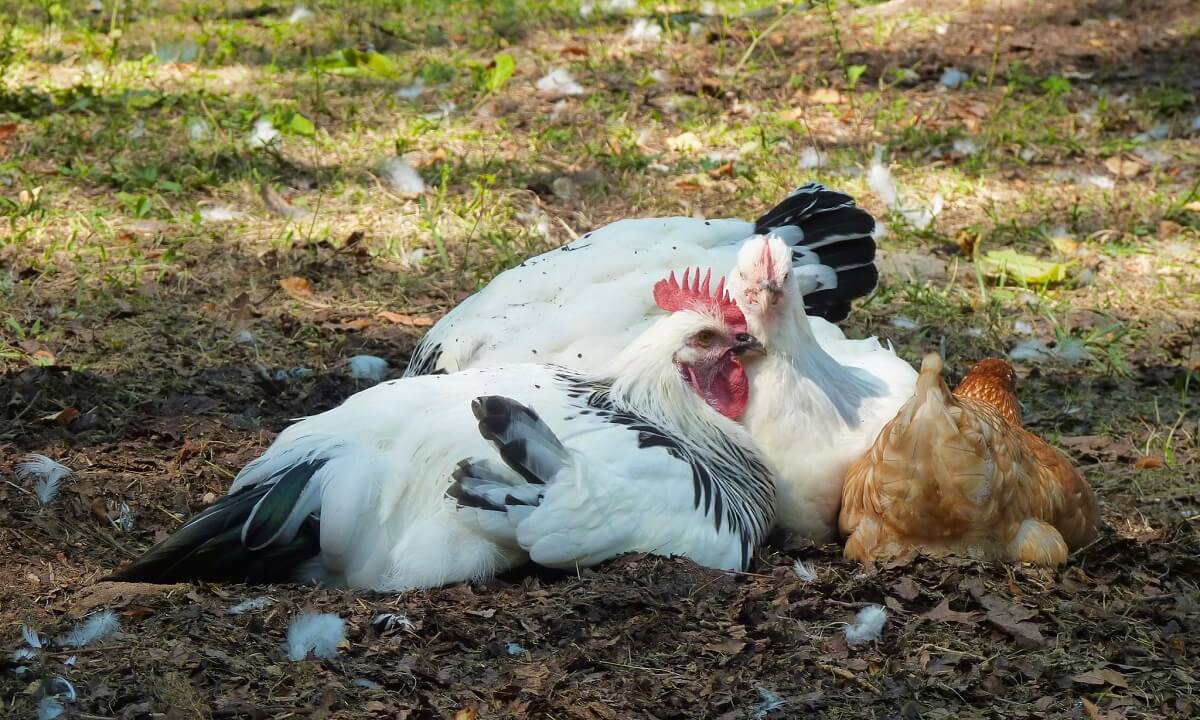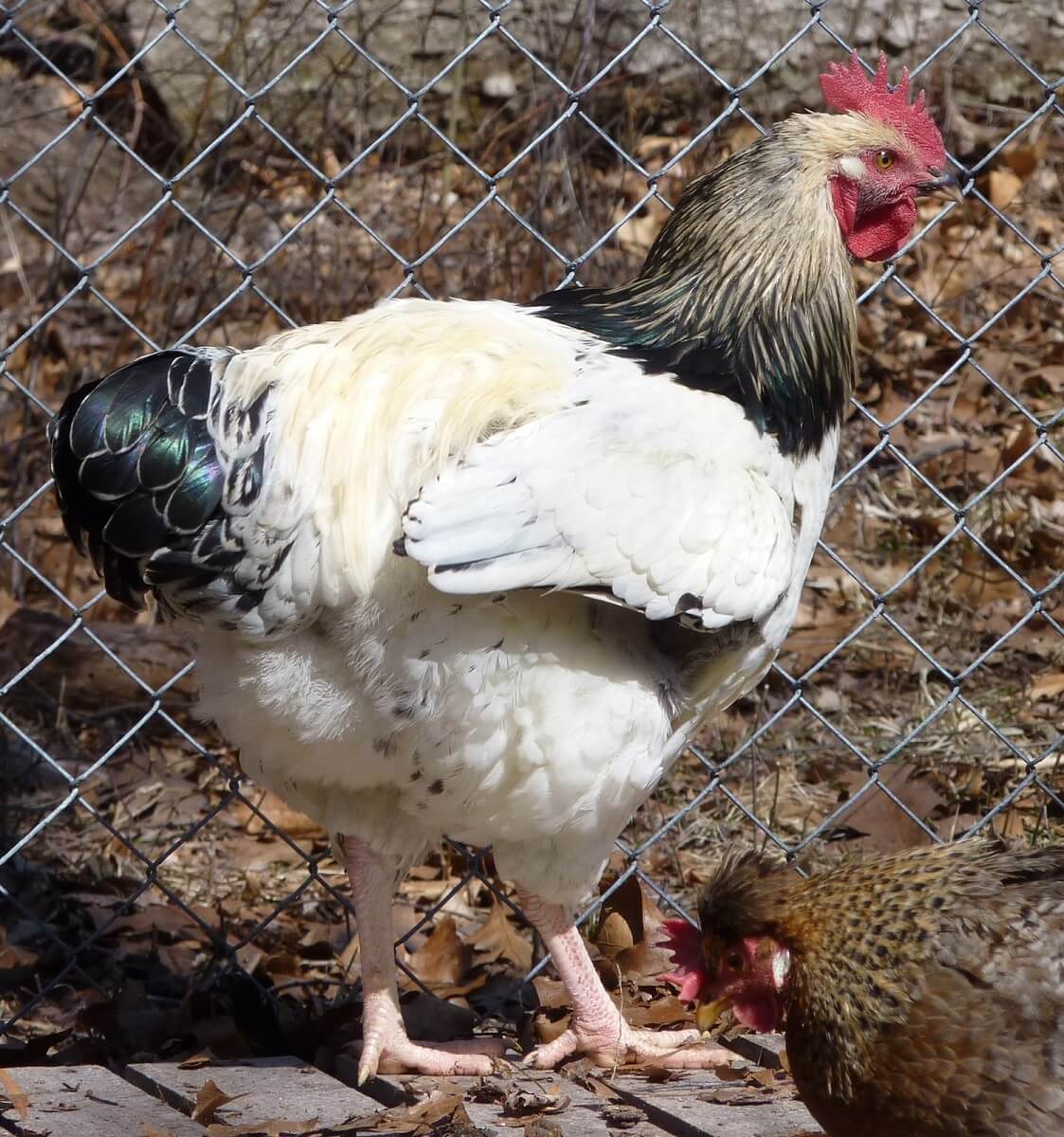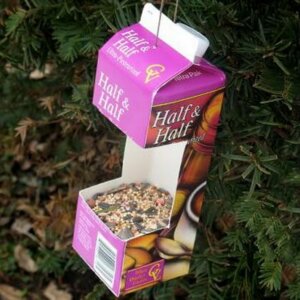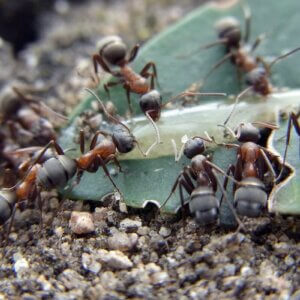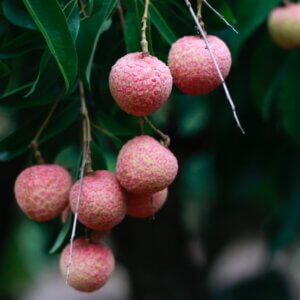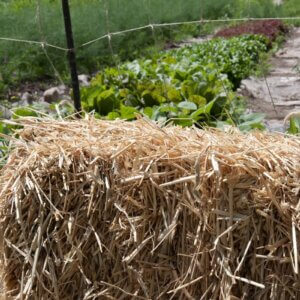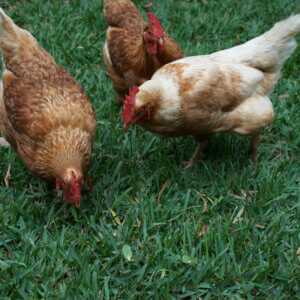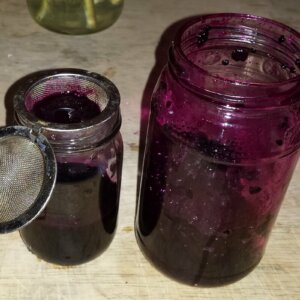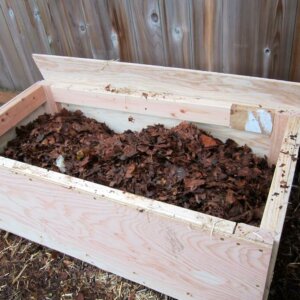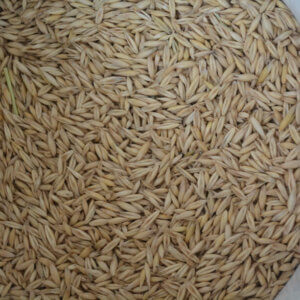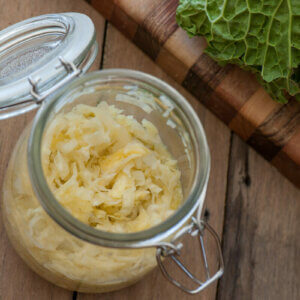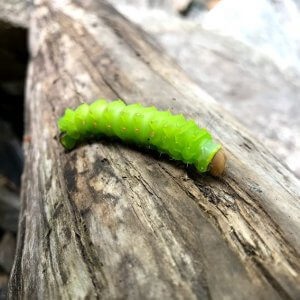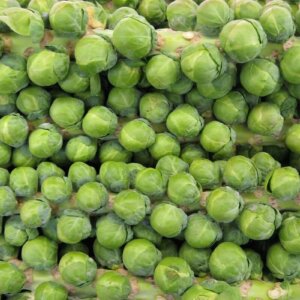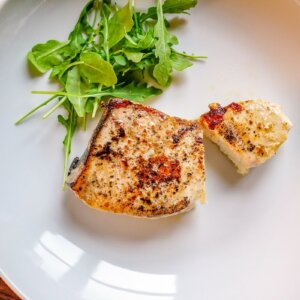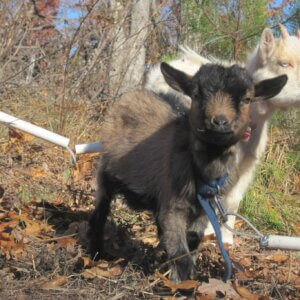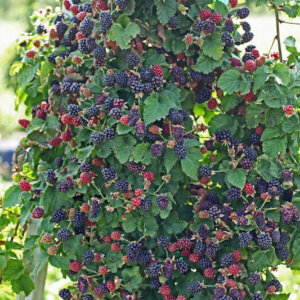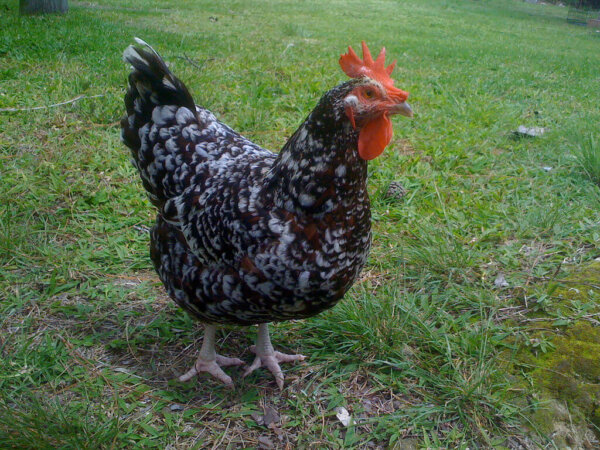
- Purpose: Eggs And Meat
- Eggs: Brown, Tinted
- Egg Size: Large
- Color: Black And White
- Comb Type: Single Comb
Heralding from the English county that gave them their name, these friendly and curious chickens are an ideal inclusion in a backyard flock.
Able to be used for both meat and eggs, and with a personality that will have you chuckling at their antics, these birds are a delight to share company with.
Characteristics
There is a lot to say in the Sussex’s favor. Though they are large in size, they are very active birds. Alert, adaptable, and able to forage well, they may make the perfect breed choice for someone looking to free-range birds for the first time. Additionally, the Speckled Sussex has a beautifully mottled, white-spotted feathering that may give it an advantage over a predator. Against a brown, leafy background, these birds camouflage quite well.
One of the shining stars on the Sussex’s report card is their persistence in laying eggs. With their single comb and fluffy feathering, the cold of winter seems to have little effect on their productivity. I know this to be true personally. My Sussex hen faithfully laid eggs through dark, wintery days where the temperature never topped 15 degrees Fahrenheit!
Add a friendly personality atop all these traits, and you have yourself a near-perfect chicken. Sussex chickens are not flighty in the slightest and seem to enjoy the company of their human keepers. Curious and always expectant of a treat, they will follow you around if given the chance. Though they are on the larger side of the size scale, they may make a fabulous pet chicken.
A Bit of a Greedy Bird!
Sussex chickens love their treats and some breeders accuse them of hogging food when in a flock. So though you may delight in rewarding your feathery friends, be aware that Sussex hens tend to have decreased egg production when they are overweight. If you are interested in the breed but just don’t want to feed a bird that size, you can always opt for a sprightly bantam variety of the chicken.
What’s the Yield?
Some sources say that the rich flavor of a Sussex chicken rivals that of the Dorking Chicken – a breed known for being the tastiest of all chickens. Though it is certainly a matter of opinion who is tops, there’s no denying the real taste of a free-ranged, healthy, homegrown roast. These large chickens will provide flavor in large amounts, too. Hens reach a hefty 7 pounds, and cockerels can be as heavy as 9 pounds.
Sussex chickens are good layers, too. They can be depended on to produce at least 250 large, brown or tinted eggs year-round. They do make good brood mothers, so if you want to use them for brooding and eggs, it might be best to get more than one bird.
Sussex Rainbow!
The Speckled Sussex is the coloration most used in the show ring, and with its iridescent green edges, mahogany stripes, and bright white spots, it’s easy to see why! Each Speckled Sussex is uniquely spotted, and they typically get more spots with every progressive molt.
If you choose to go with the Light Sussex coloration and decide to breed it, you have the opportunity to maximize your output when it comes to the hatchlings! Crossing a Light hen with a Gold cockerel will give you a useful hatch of sex-linked chickens.
Photos of Sussex Chickens
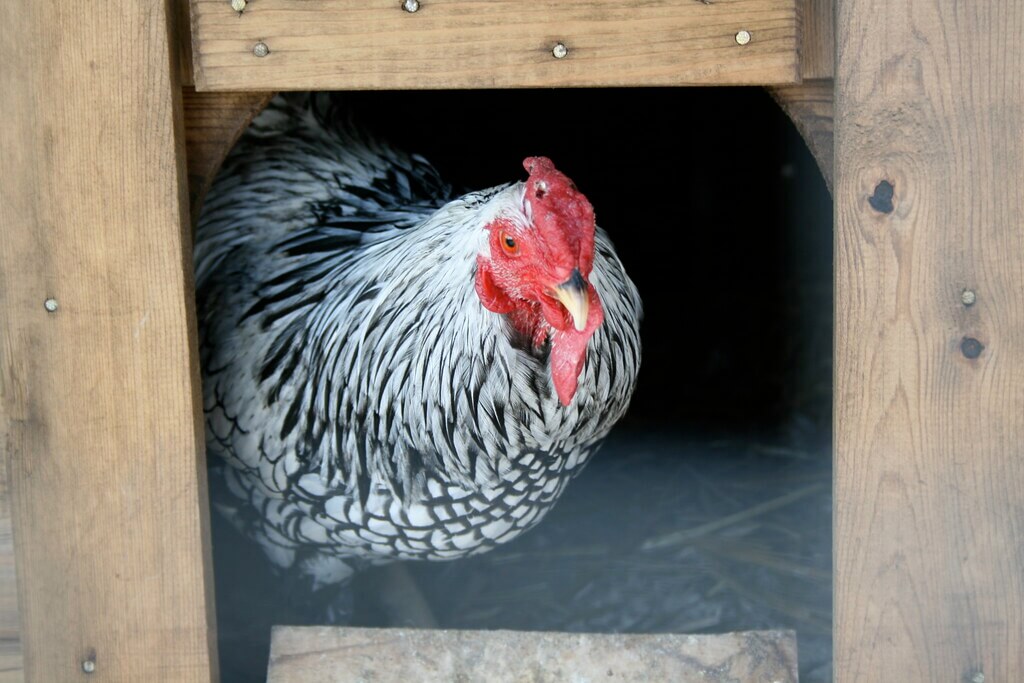
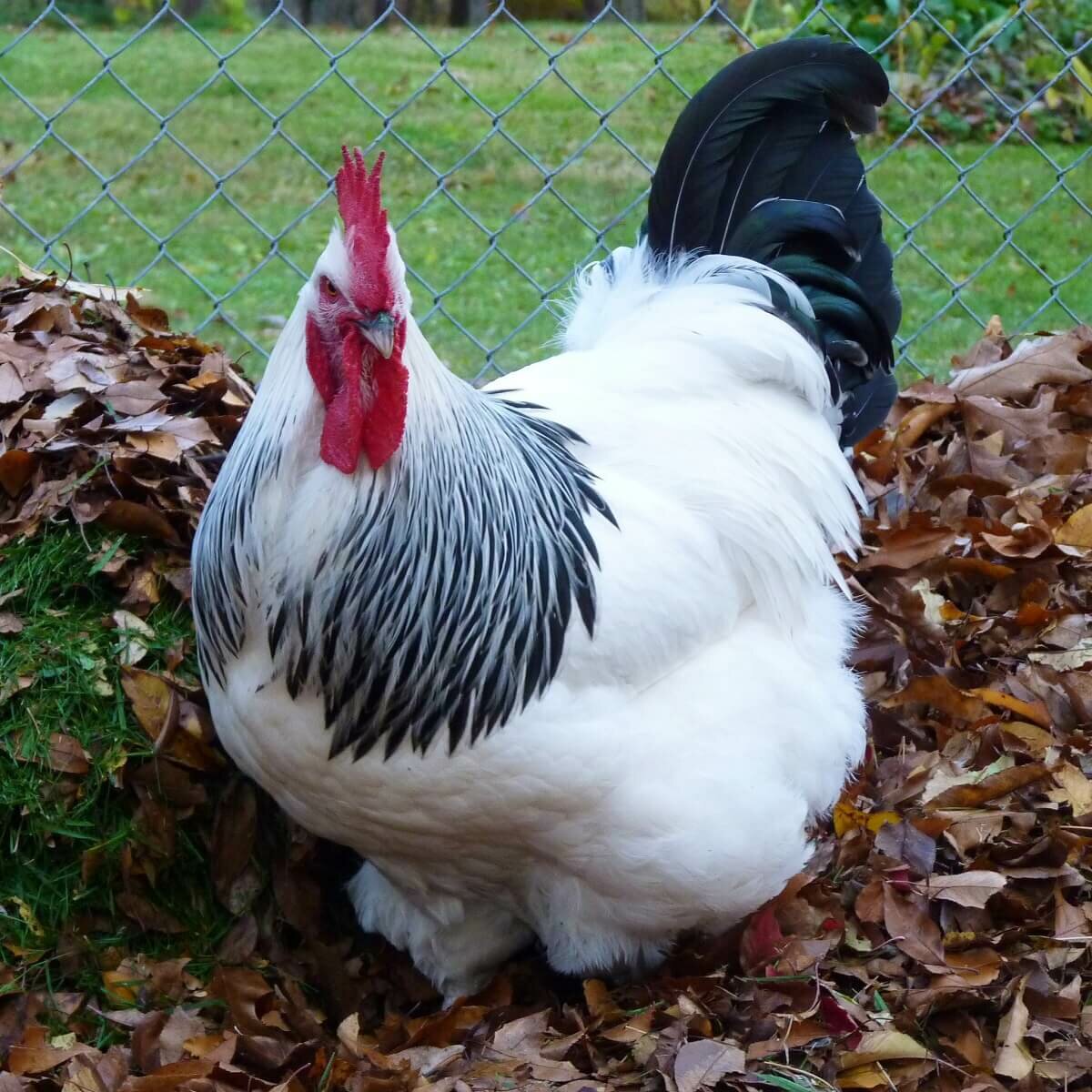
Resources:
- 6 Gentle Chicken Breeds For Families, Hobby Farms
- Sussex Chicken, The Livestock Conservancy
- Poultry Breeds – Sussex Chickens, Oklahoma State University
- Light Sussex, Green Fire Farms
- Sussex Chickens: Heritage Poultry Breeds, Mother Earth News
- Speckled Sussex Chicken: A Favorite Backyard Breed, Countryside Daily
- The Speckled Sussex: a family-friendly chat-show host, Raising Happy Chickens
- PROS & CONS About Keeping Sussex Chickens!, Types Of Chicken
- 5 Reasons to Love Sussex Chickens, Backyard Chicken Coops
- Sussex, My Pet Chicken
- Sussex Chickens, Poultry Keeper

